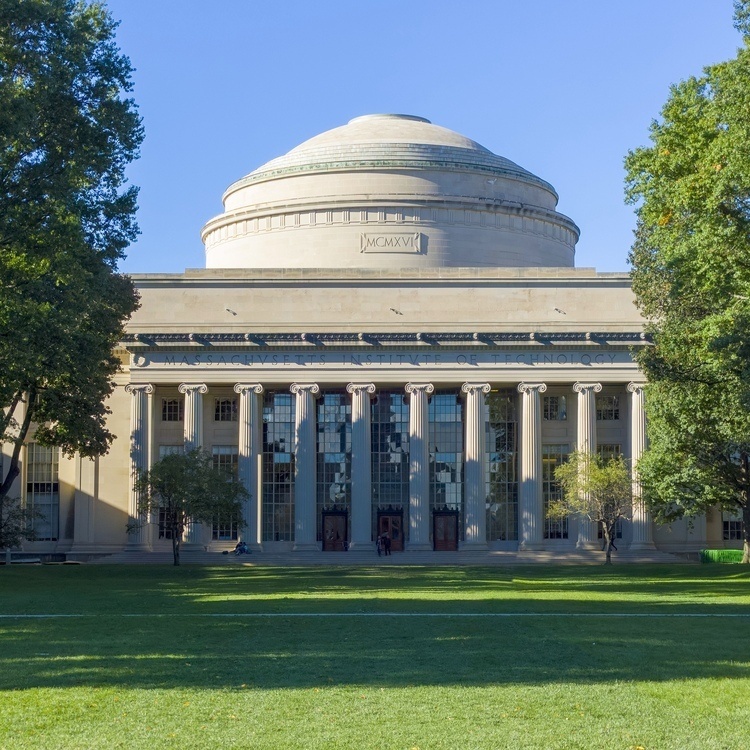
CogLunch: Brian Leahy and Vicente Vivanco, "Kids who are bad at evaluating probabilities struggle to see incompatible possibilities"
Description
Speakers:
Brian Leahy and Vicente Vivanco
Affiliation:
CoCoSci Group
Abstract:
When we’re in a new situation and there’s a couple of open possibilities about what’s going to happen, how do we figure out what the probabilities are? One method is to build a model of the situation and run the model forward to see what happens. If the model captures the actual causal variables well enough and we run the model enough times, we can get a pretty good sense of the probability of each possible outcome. The hypothesis that we use a mental physics engine to calculate the probability of each possible outcome of a novel event has been fruitful. How does the ability to run simulations and use the results to calculate probabilities develop? Is all of the computational machinery innate, or does some of it have to be learned?
We will report two lines of studies that tested 4-year-olds’ ability to figure out what the probabilities are in a novel situation. We find surprising limitations: while all children are able to identify one possible outcome, about half of our participants seem unable to identify more than one of the possible outcomes. Their evaluations of the probabilities are, consequently, much poorer than adults’. We built computational models to figure out how many times each child was most likely running their model of the situation. We then validated the model results with a separate, held-out measure of children’s possibility concepts. We found that children who can figure out what the probabilities are perform well on a measure of possibility concepts, while children who only identify a single possibility on the probability measure show no evidence of possibility concepts. One interpretation of this pattern is that possibility concepts are necessary for calculating probabilities via simulation, and that those concepts may develop over the preschool years.
Zoom:

